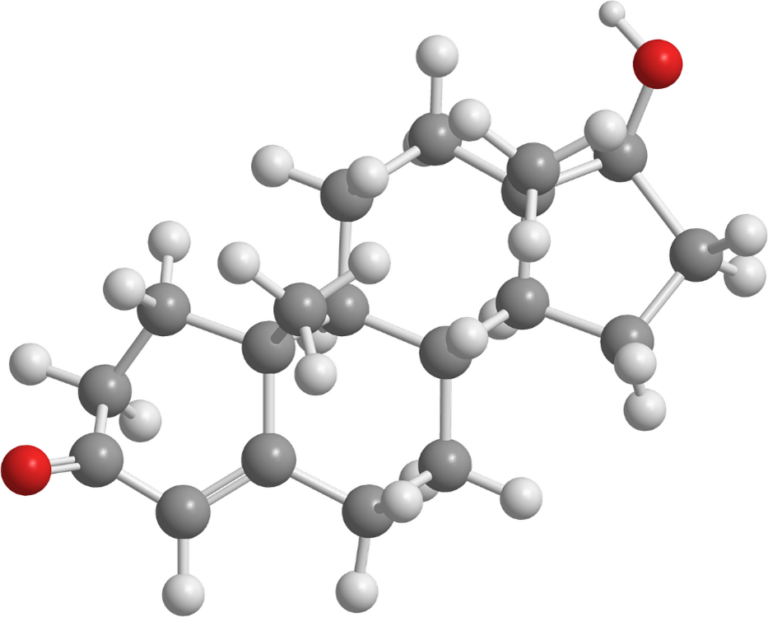Testosterone therapy often improves energy levels, sex drive, and mood in men with low testosterone. Why not replace it?
Don’t get too excited. Low testosterone is not a health problem. The long-term effects and risks of testosterone replacement therapy are not yet known. A man should consider testosterone replacement treatment only if his blood tests confirm he has low testosterone levels, which is the reason behind his symptoms. Only your physician can tell you whether testosterone replacement therapy online is right for you.
Testosterone Therapy Benefits
How can testosterone treatment benefit you? Every man is different, so it’s impossible to predict. Energy levels, sexual drive, and erection quality have improved for many men. Some men also experience increased bone density, muscle mass, and insulin sensitivity from testosterone.
A testosterone replacement also often improves men’s mood. It is highly individualized whether these effects are barely noticeable or have a major impact.
According to expert Karen Herbst, almost one in ten men are satisfied with testosterone therapy results, while about the same number do not see much of a difference. The majority are satisfied, but their results may vary.
TRT is not for everyone
Taking TRT could worsen untreated heart problems, sleep apnea, and high red blood cell counts. He said men with prostate or breast cancer should carefully use TRT. The TRT can decrease sperm count and fertility in men who plan to have children.
Nonmedical use of TRT is not recommended, including bodybuilding, preventing aging changes, and performance enhancement. TRT cannot improve testosterone levels in normal-functioning men. He said that purchasing testosterone-boosting products from the gym or online can be dangerous. You don’t know what’s in those products since they aren’t regulated.”
Testosterone Treatment Risks
Itching, rash, or irritation are testosterone replacement therapy’s most common side effects.
However, the use of testosterone is associated with an increased risk of heart attack and stroke. Because large clinical trials have not yet been conducted, it is difficult to determine whether long-term testosterone therapy offers benefits or risks.
Experts believe that testosterone therapy may worsen the following health conditions:
BPH (benign prostatic hypertrophy)
When testosterone is stimulated, the prostate grows naturally. The increasing size of the prostate can squeeze the tube carrying urine (urethra) as men age. It makes urination difficult. Testosterone therapy can worsen benign prostatic hypertrophy.
Breast cancer
Prostate cancer can be stimulated by testosterone. Before starting testosterone replacement therapy, experts recommend screening for prostate cancer. It is probably best to avoid testosterone treatment for men with prostate cancer or elevated prostate-specific antigen (PSA).
Sleep apnea
Replacement of testosterone can worsen this condition. Men are often unable to detect this independently, but their sleeping partners can usually tell. The diagnosis may require a sleep study (polysomnography).
Blood clots
Under FDA regulations, testosterone replacement products must carry a warning about the risk of blood clots in veins. It could lead to deeper vein thrombosis and pulmonary embolism, clots within the lungs that can be life-threatening. In some products, a warning already mentions the risk of blood clots caused by polycythemia, a condition in which red blood cells increase abnormally, as with testosterone treatment. It is now more general and includes men without polycythemia.
Congestive heart failure
When a man has severe congestive heart failure, testosterone replacement can worsen the condition.
Testosterone therapy’s long-term benefits and risks will not be known for years before large-scale clinical trials are conducted. Your doctor would decide whether the potential benefits outweigh any risks.




